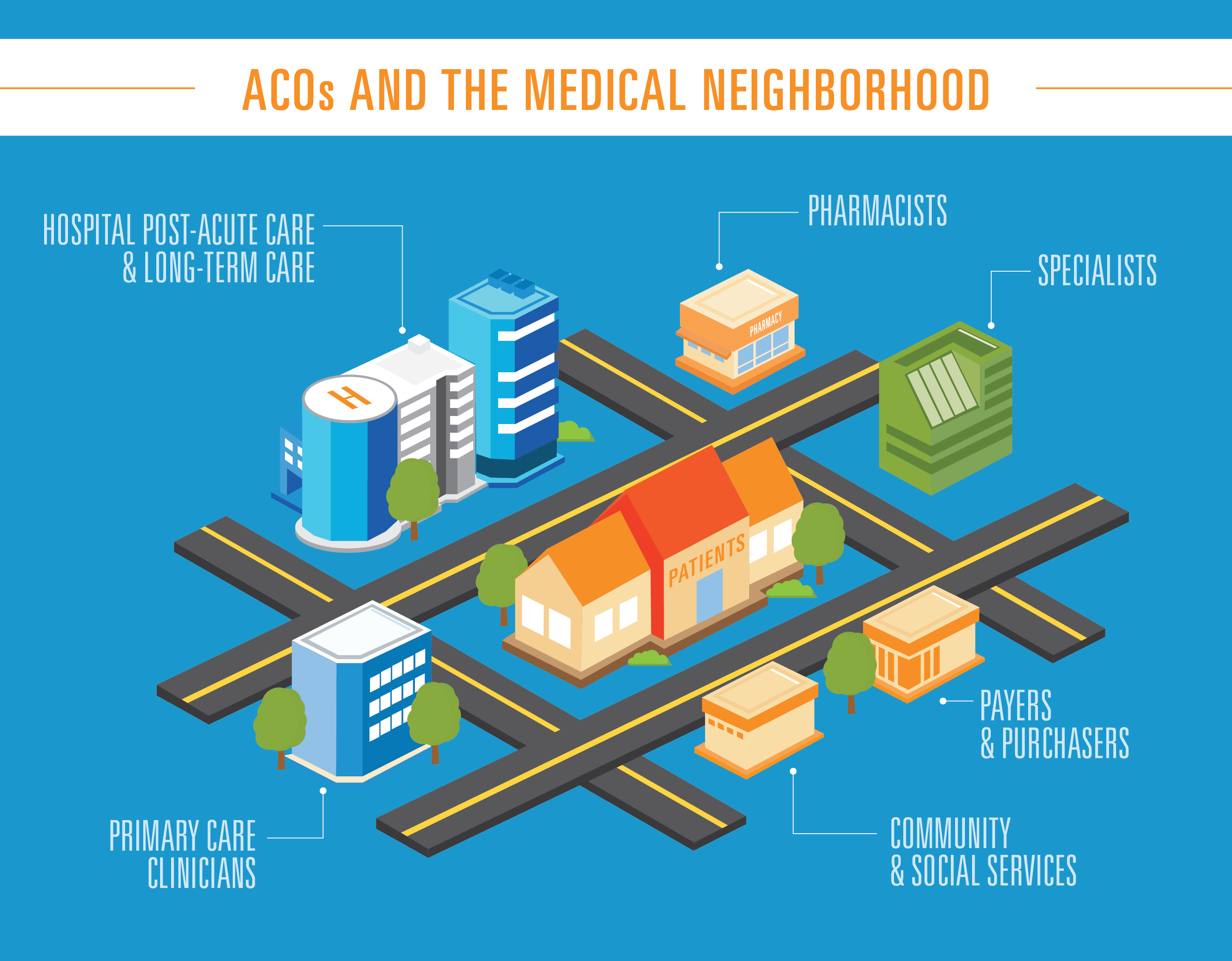
Real-World Lessons in Healthcare Patient Experience: A Conversation with Joan Kelly

Q-Reviews CEO and co-founder Edward Shin, MD, recently caught up with Joan Kelly to talk about her thesis on patient experience. Kelly is the former Chief Experience Officer of NYU Langone Health System in New York, and the former Chief Experience Officer of Yale New Haven Health System in New Haven, CT. She has worked on both sides of the healthcare patient experience, and she sees firsthand how it impacts care — and how to weave it into hospital management.
“Those in the system don’t always know what’s going on”
After years of helping to care for her quadriplegic father, Kelly knew that she didn’t want a traditional healthcare career. Instead, she chose business, which led her to work in hospital management. Her employer Virgin started implementing an insurance program that rewarded employees for exercise, and her perspective became important for redesigning the healthcare patient experience.
With the newly implemented practices, she noticed a disconnect between providers and patients, which impacted customer service.
Taking a Team Approach to Healthcare Patient Experience
After all, healthcare is a business, and service quality affects revenue. While no provider outwardly commits to poor patient care experiences, survey data reveals how they might fall short. They aren’t meeting the needs of their patient, or putting themselves in patients’ shoes. It often falls on frontline staff, many of whom are already on the verge of burnout.
In Kelly’s experience, problem-solving is a continuous journey where the goal should be progress, not perfection. Traditional hospital management puts the onus on frontline staff to care for patients and implement patient satisfaction goals, she says. And often, they do not clearly define these goals. But she believes that changing the healthcare patient experience is the responsibility of both patients and providers.
For example, when doctors ask patients if they have any questions, they often freeze. Doctors may assume they do so because they don’t have any questions — but in reality, patients frequently freeze after receiving too much information. This can also happen when they receive too much work to do once they go home. As such, doctors are responsible for fixing that communication breakdown.
“Technology has advanced so much and with COVID, people are more willing to use it.”
Technology is a great tool for improving hospital management and the healthcare patient experience, even if that means taking the extra step of sending a text message with data prior to the next appointment or recording the conversation to refer to at a later time.
That is why data pulled from Q-Reviews® is essential to learning about patients’ needs. This data finds that 80% of patient complaints revolve around communication — with patients and also among staff. Some observe how frontline workers aren’t always on the same page or aware of updates. When staff is working in sync, nurses are able to assuage a patient’s fear, calming them so that they can adequately process the data that was presented by the doctor.
Comprehensive technology should be clear and convenient for patients. Kelly gives the example of a patient trying to book an appointment. If they prefer an online platform, then that platform needs to work. If they prefer the phone, healthcare professionals must honor that.
Healthcare patient experience technology could also include an electronic workflow system that helps providers monitor a patient’s in-facility care. Providers should also have a sense of what technology is most effective for their population. Many could benefit from a system like Q-Reviews® that pulls real-time data, and can help providers get to know their patients. Ultimately, this helps them understand the behaviors and decisions behind their actions.
Collecting data is crucial for uncovering and rectifying flaws in the healthcare patient experience. As Kelly puts it: Businesses are interested not in perfection, but in “being better than they were yesterday and the day before.”








